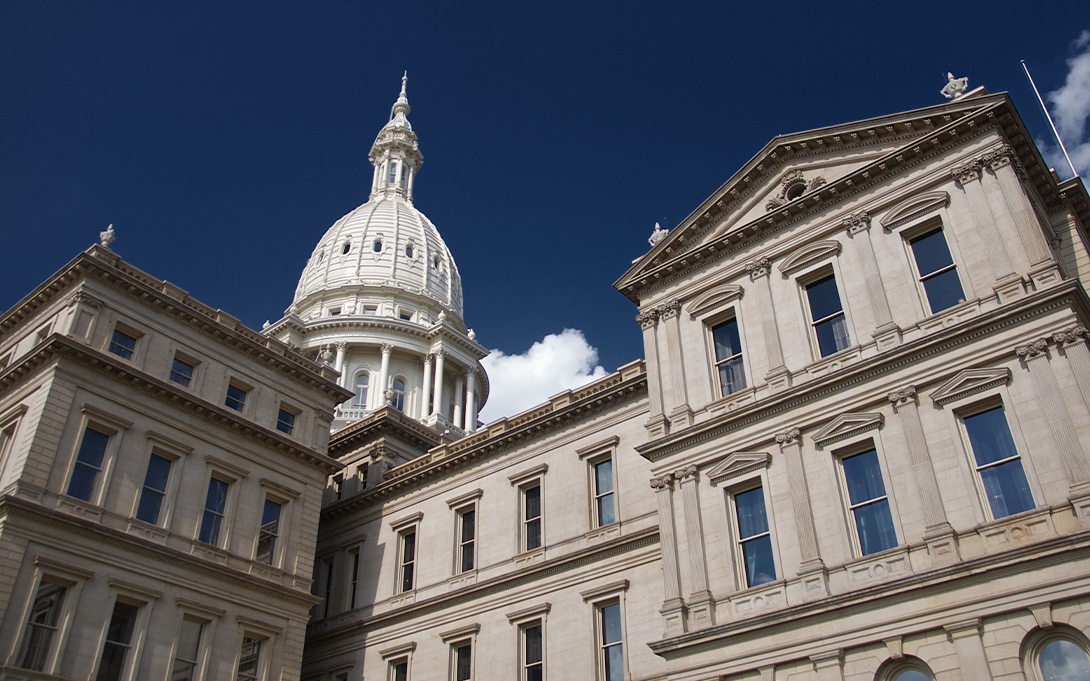
In a time of growing suspicion about the role of government at the state and national level, a good news story emerges when looking at local governance in Michigan. The conclusion of a new compendium study, The Functioning of Democracy: Insights from Michigan’s local leaders, by the Center for Local, State and Urban Policy (CLOSUP) at the Ford School examines 12 years of data and concludes that while there are some areas of concern, “the overarching picture it paints is one where local government leaders in Michigan are—generally—positive about institutions, relationships, and attitudes associated with local democratic governance.” In many cases, this contrasts with a greater level of skepticism about the related elements of democracy at the state and federal levels.
The data come from the Michigan Public Policy Survey (MPPS), a program that has gathered the opinions of elected and appointed officials from all 1,856 of Michigan’s general purpose local governments, and has explored a wide-ranging collection of issues related to the functioning of democracy and political participation in local governments across Michigan. Topics have included local officials’ assessments of local democratic institutions and processes like elections, citizen participation in governance, ethics in government, relationships between democratic actors and the tone of political discourse, and the foundational democratic issue of trust in government.
Tom Ivacko, executive director of CLOSUP, says the data are encouraging. “Even at a time of great distrust in government and declining health of democracy, which seems to have gotten worse in the past four years, it is heartening to know that the core of local governance appears to be doing relatively well.”
Regarding trust in government, statewide, the compendium shows that 72% of Michigan local leaders today trust other local governments “nearly always” or “most of the time,” Meanwhile, 23% trust other local governments some of the time, and just 3% say they seldom or almost never trust other local governments. The 72% with high levels of trust is an increase from the consistent ratings of 65-66% saying the same from 2009 to 2016.
Dr. Debra Horner, CLOSUP Project Manager says the MPPS gives real insight into the state. “Because more than 70% of Michigan's local governments participate in the survey each year— typically over 1,300 individual local leaders each wave—we’re able to shed light on the democratic experience in places large and small, urban and rural, all across the state.”
The conclusions do show a contrast between attitudes about the local level and those concerning state and federal institutions. “In an attempt to capture summary evaluations, in 2020 the MPPS debuted a new question to local officials about their assessments of the essential functioning of democracy at the federal, state, and local levels. In keeping with their views on many individual aspects of democracy, Michigan’s local leaders responded with high ratings for democracy in their own local jurisdictions, but substantially lower marks for the health of democracy in the state of Michigan and the U.S. as a whole. 84% of local leaders rate democracy in their jurisdiction at 7 or higher on a 10-point scale, compared to just 41% for democracy in Michigan overall, and just 21% for democracy across the U.S.”
More news from the Ford School